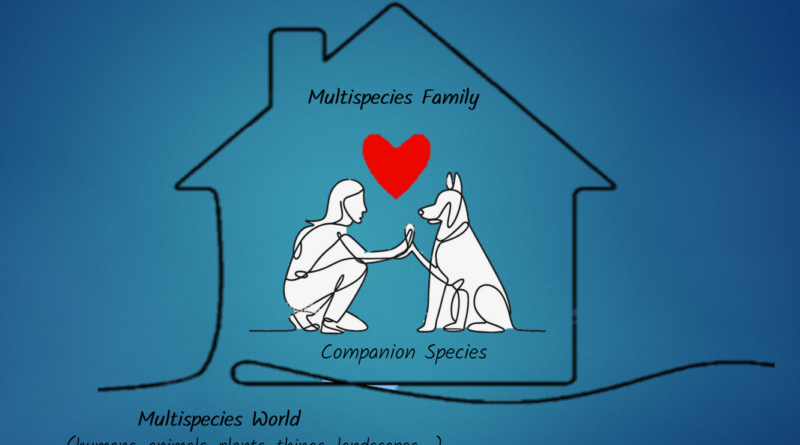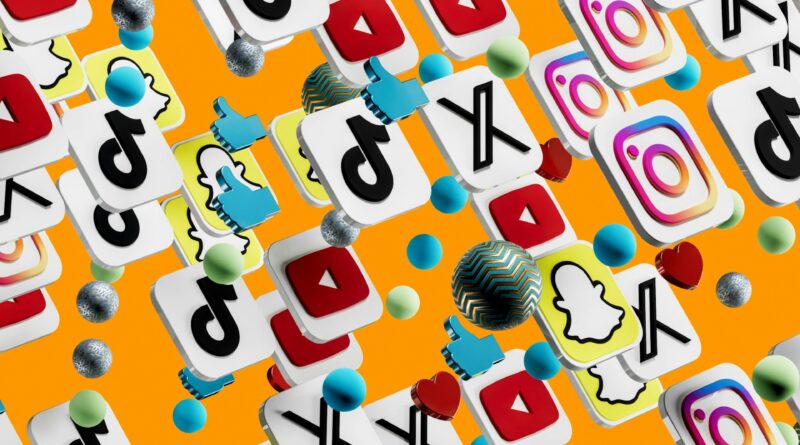Much of Librarians’ Work Is Invisible, But Do They Want to Conceal What They Do from Us?
Being an expert in information should surely facilitate professional information practices. Librarians are often thought of as experts in searching for information for others, but what about their own ways of finding things out? Given their extensive education in information-related fields, such as information searching and assessment, one might question whether librarians consistently adhere to systematic and planned approaches in their information-seeking, as taught in library schools. Accordingly, we asked 800 Swedish public librarians questions revolving around the kind of information seeking and use they do in their daily work for their own or their work team’s sake.
Read More













